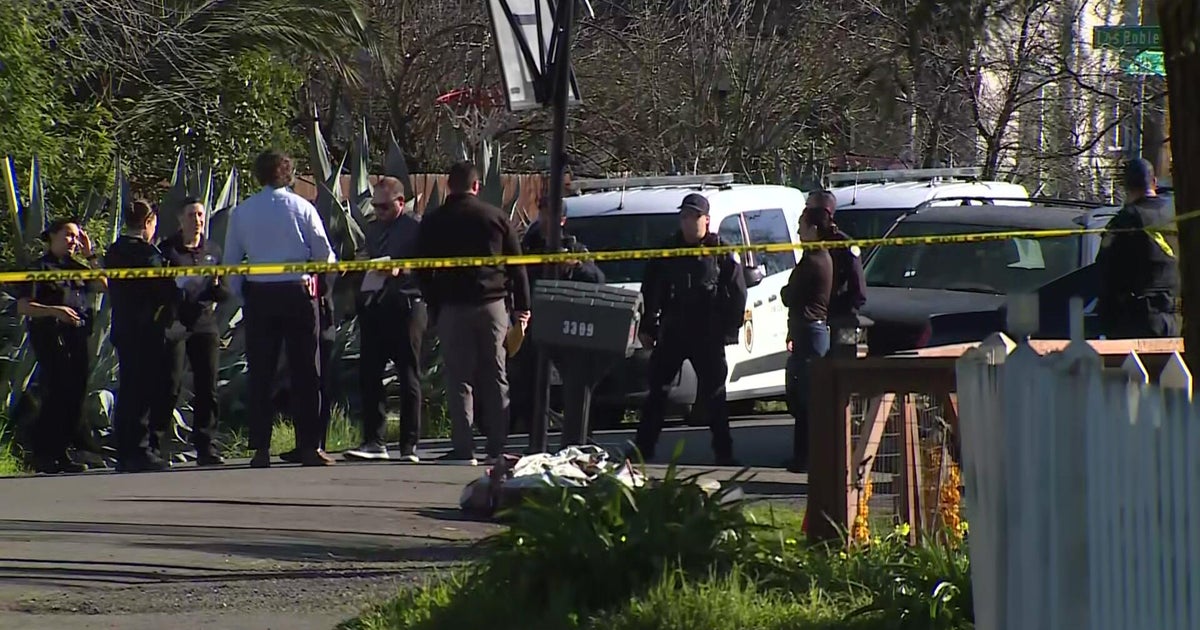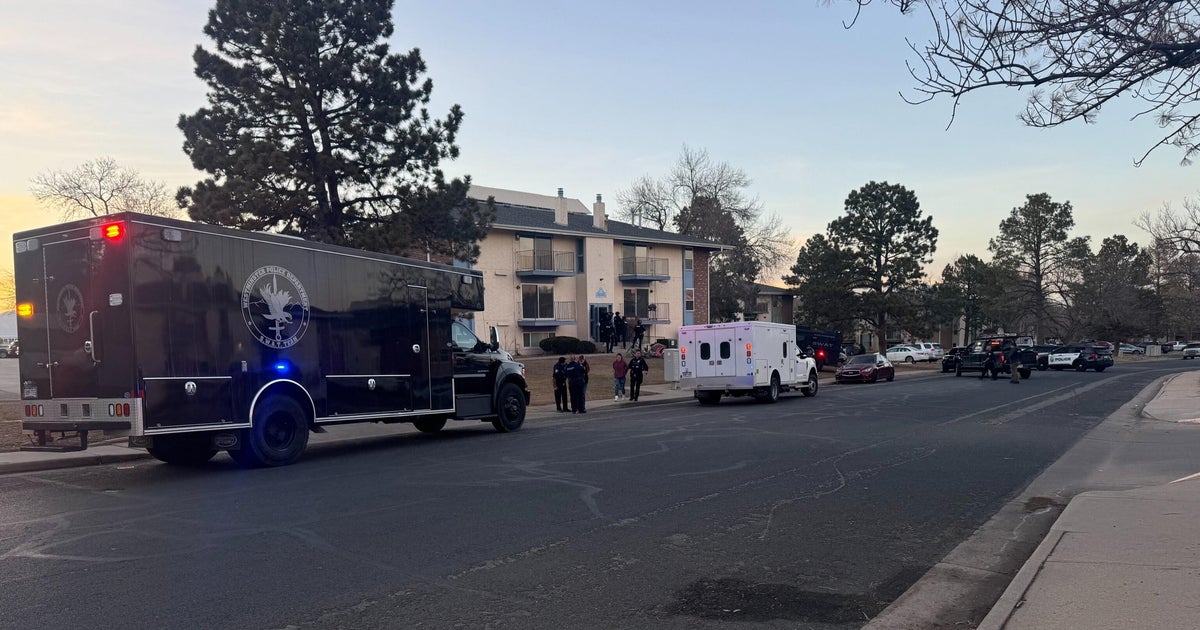Nearly 300 Little River Homes To Receive Sewer System Upgrade
MIAMI (CBSMiami) -- A neighborhood in north Miami-Dade will be the first to get their septic systems converted to sewer systems as part of the county's "connect to protect" project.
Nearly 300 homes in the Little River neighborhood will be receiving the sewer system upgrade, free of charge, thanks to a $90 million grant provided by the Florida Department of Environmental Protection.
"Problems with these septic tanks are worse in low-lying and flood-prone areas like right here in Little River," said Miami-Dade Mayor, Daniella Levine-Cava.
Miami-Dade County officials said the plan to convert septic systems to sewer lines that are connected to the county's sewer system in that Little River neighborhood will begin in March 2023. The homes that will be receiving the upgrade are located between the Little River and NE 79th Street.
The need to convert septic tanks to sewer systems revolves around the fact that sea-level rise is causing septic systems to degrade, which can lead to environmental and public health problems.
When sea levels rise, so do groundwater levels. When this occurs the system that makes a septic tank work properly is affected, causing sewage to seep into our groundwater, contaminating it.
"They can release about 70% of the nitrogen that flows into the bay. Nutrient pollution is one of the key contributors to the fish kills in 2020," said Levine-Cava.
According to a 'Plan of Action' report released by Dade County officials, there are 120,000 properties using septic tanks throughout the county. Of those, 9,000 septic tanks have been identified as being at risk of failing.
Dade County officials estimate that as sea levels continue to rise, that number will jump to 13,500 by 2040.
Connecting over 100,000 properties to the county's sewer system is just as expensive as it sounds. According to Dade County officials, the estimated cost of the entire "connect to protect" project is roughly $4 billion.
The neighborhood in Little River that received the grant is in a low-lying area, and was designated as an 'adaptation action area' by Miami-Dade County's Office of Resilience.
With a price tag of nearly $4 billion, the grant won't cover the entire project.
However, County Officials say they will be working on ways to secure other sources of funding to provide financial assistance to the other, more than 100,000 homeowners, who will soon have to upgrade to sewer systems.
CBS 4 News asked what will happen if the county is unable to secure those funds and we were told homeowners would have to cover the bill themselves or do so as a community through a tax district.
"Right now, our county code requires that property owners on septic connect their homes to the public sewer system when it is available and close to their property. So, if somebody else brings the line it is the obligation of the homeowner to connect," said Levine-Cava.
Septic systems were not designed to withstand the damaging effects of rising groundwater levels, so the County says the "connect to protect project is designed to get ahead of this problem while they can.







